Image


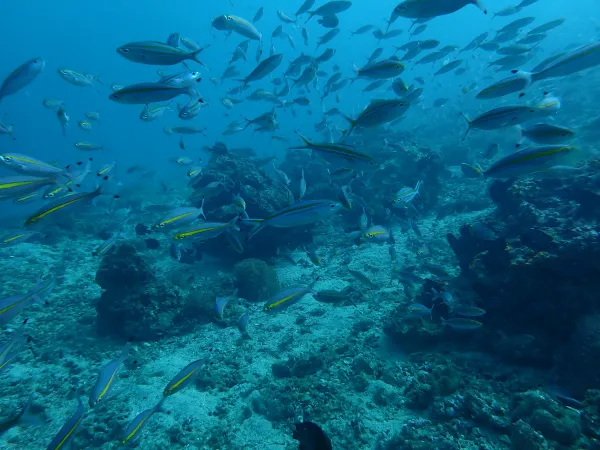
Ocean DNA is a museum-wide effort to leverage our collections and adopt museum practices to support the use of DNA sequencing to survey marine life and assess ocean health, with a special emphasis on undiscovered “dark taxa" that may play a critical role in ecosystems.
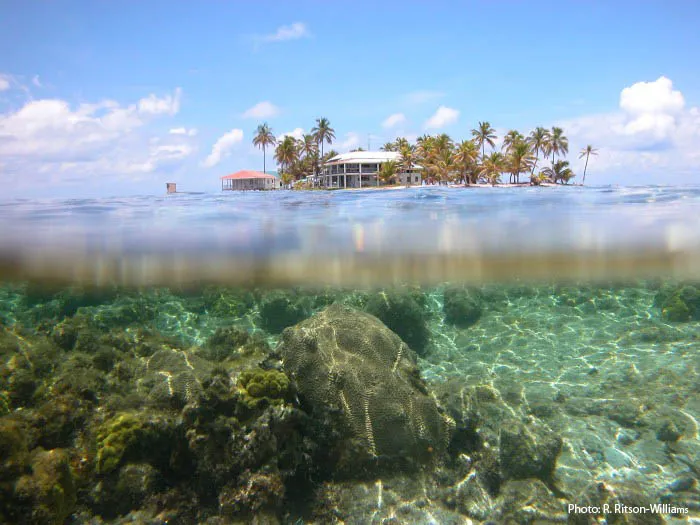
The CCRE Program is a long-term field site dedicated to investigations of coral reefs and associated mangroves, seagrass meadows, and sandy bottoms.
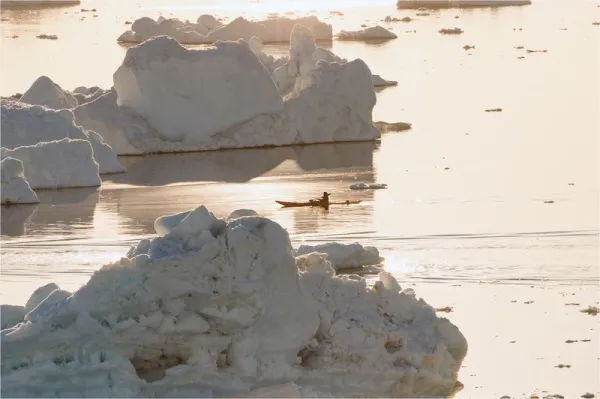
The Arctic Studies Center conducts research on northern lands, environments, cultures, and people using Smithsonian collections and field studies to learn about the history and contemporary peoples of the circumpolar region.
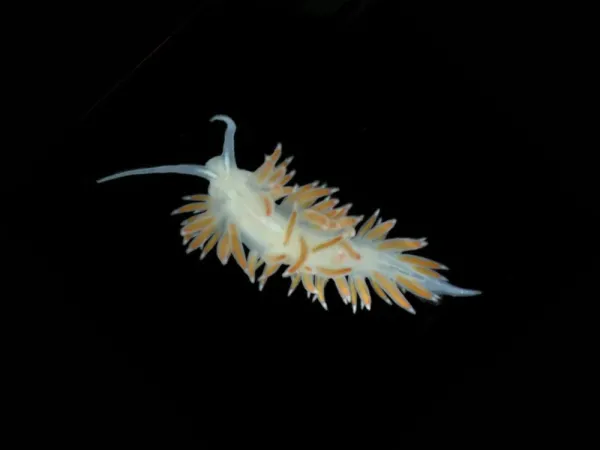
The Benthic Ecology Program is a long-term study focused on the benthic invertebrates of the Indian River Lagoon in Florida.

The Mesophotic and Deep Benthic Communities projects answer questions about the location and characteristics of seabed communities across the Gulf.
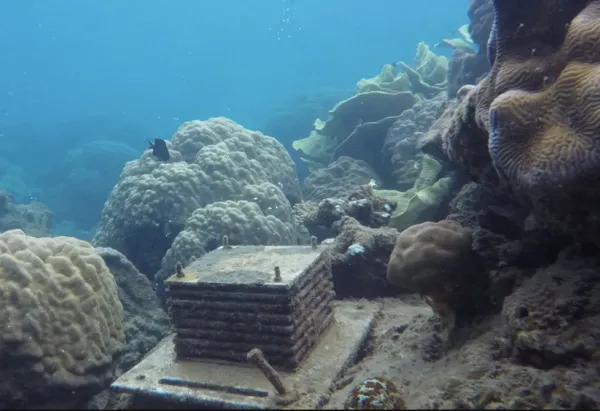
The Arms program aims to standardize marine biodiversity assessment and monitoring to document our changing ocean.
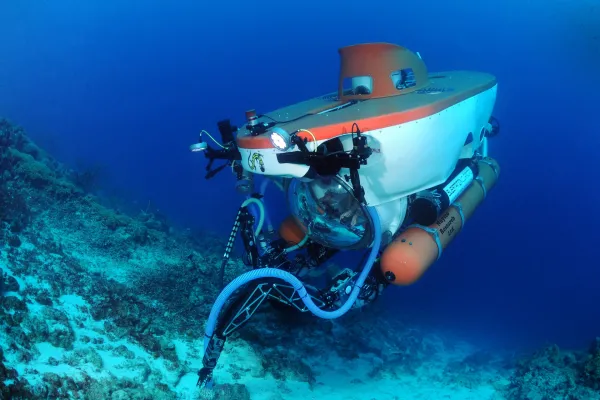
The Deep Reef Observation Project is a Smithsonian research program launched to explore marine life and monitor changes on deep reefs in the southern Caribbean.
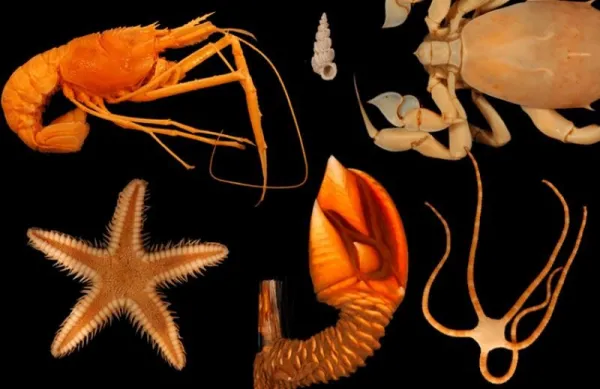
The Bureau of Ocean Energy Management works with the museum to support marine invertebrate collections.
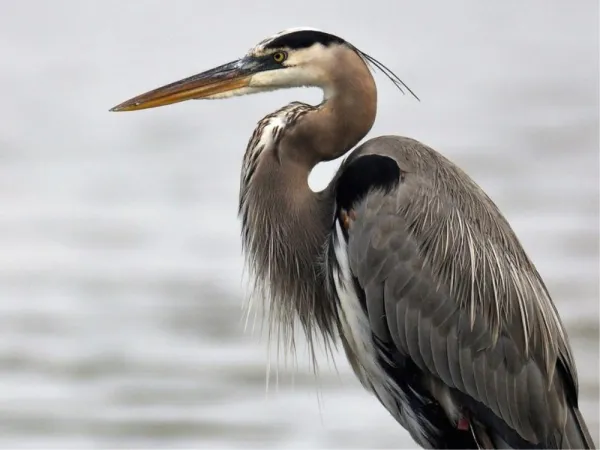
A dynamic research resource and ecological encyclopedia that documents the biodiversity of Florida’s Indian River Lagoon.
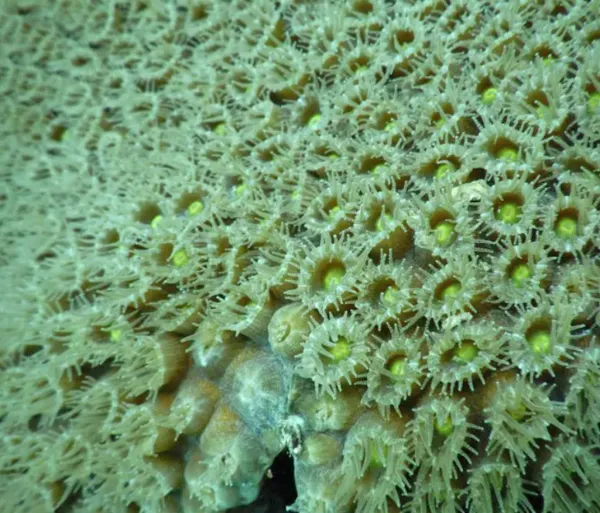
The Coral Health and Marine Probiotics lab researches treatments and the pathogenesis of the stony coral tissue loss disease outbreak along the Florida Reef Tract.
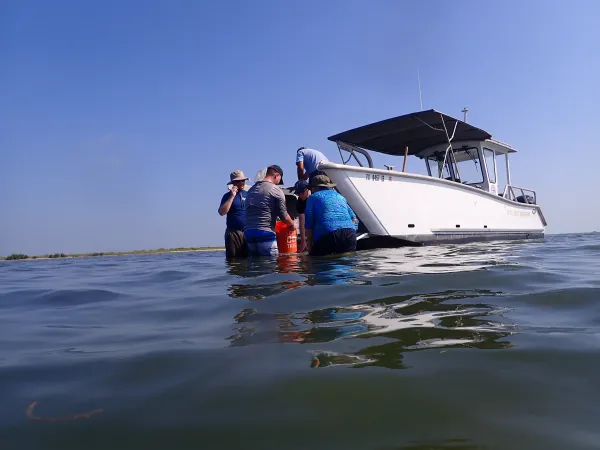
MarineGEO is a growing network of partner observatories around the world working to reveal how and why coastal marine life and habitats are changing, globally and locally, to inform evidence-based solutions.